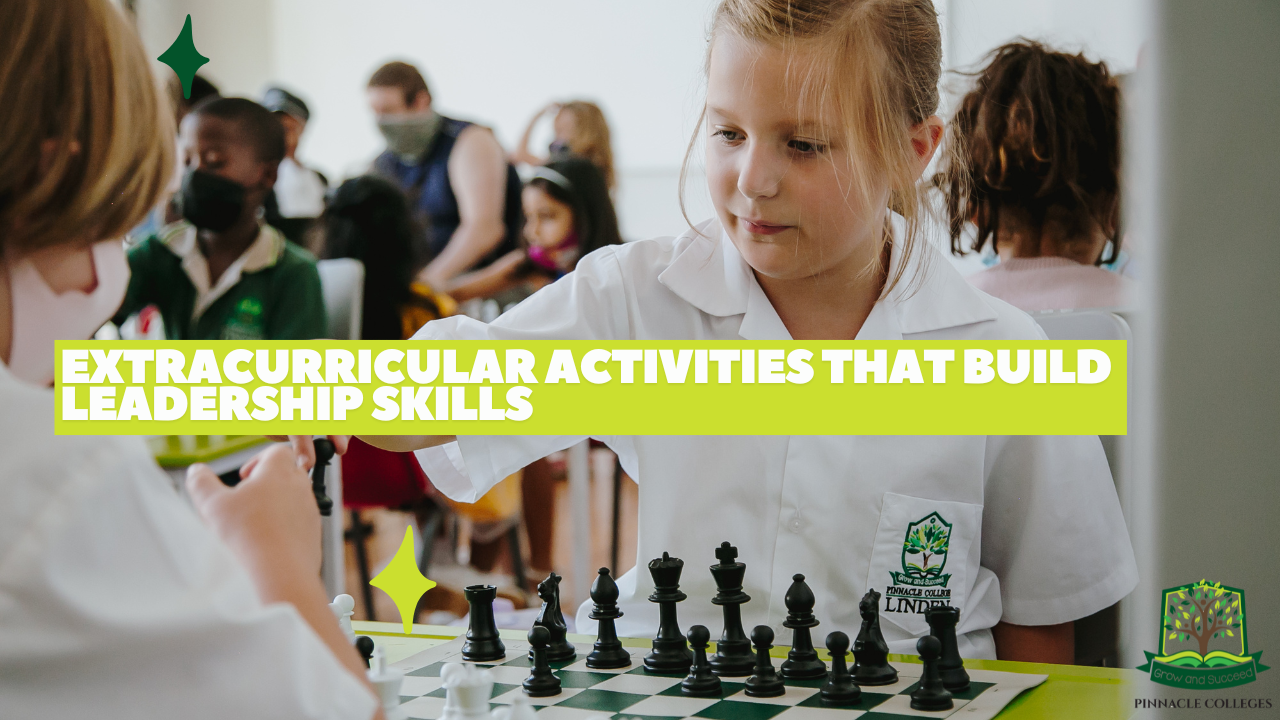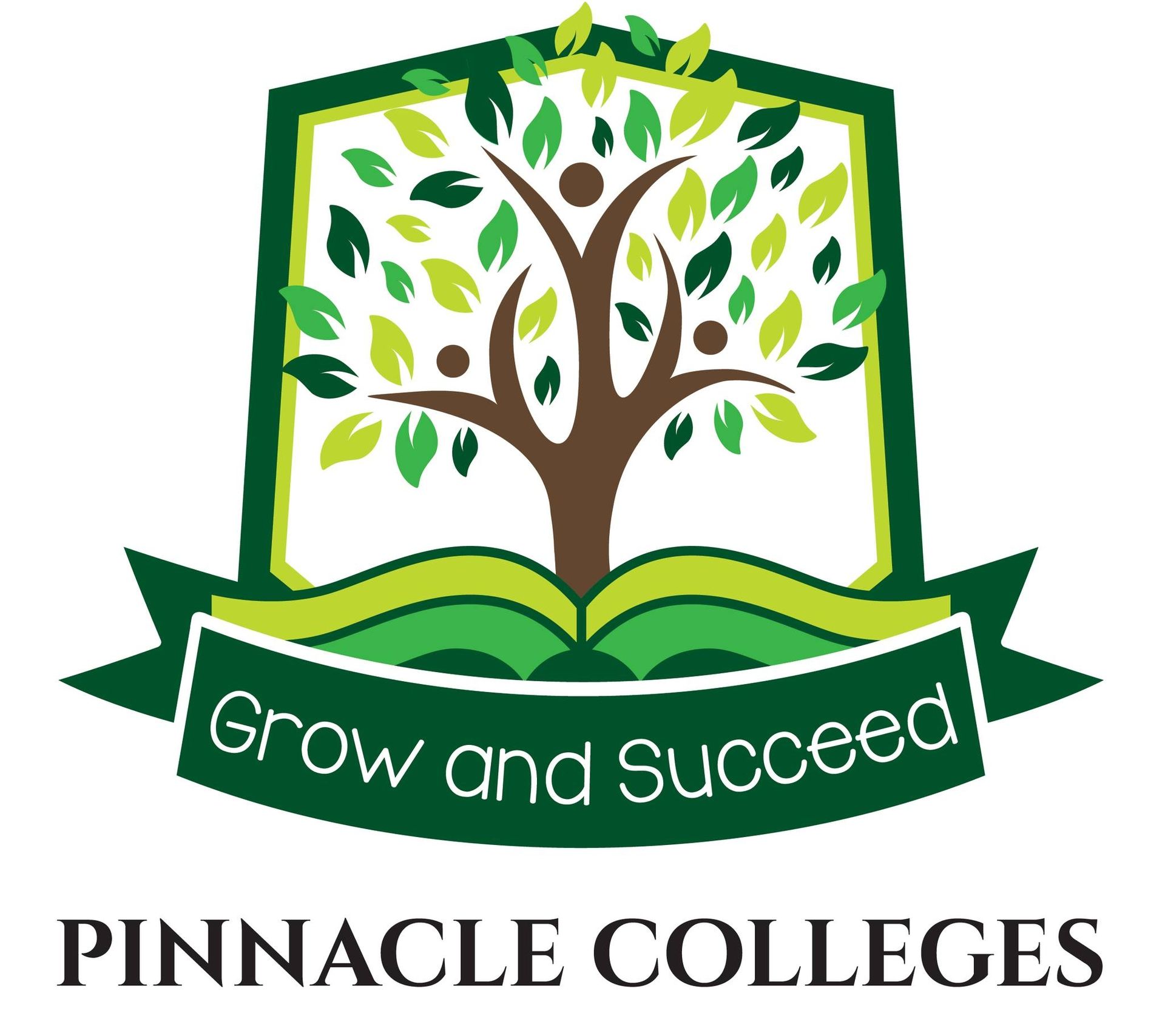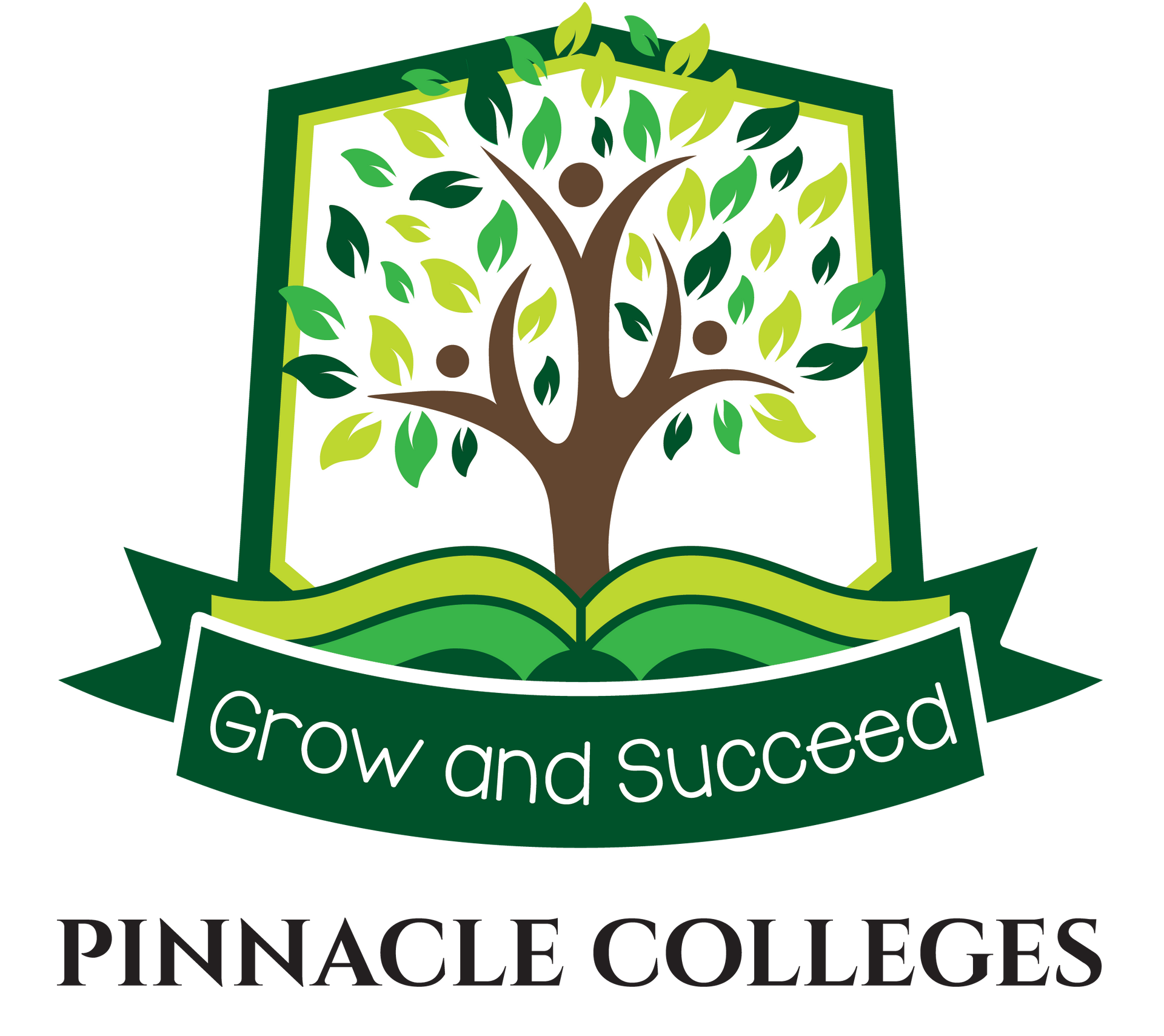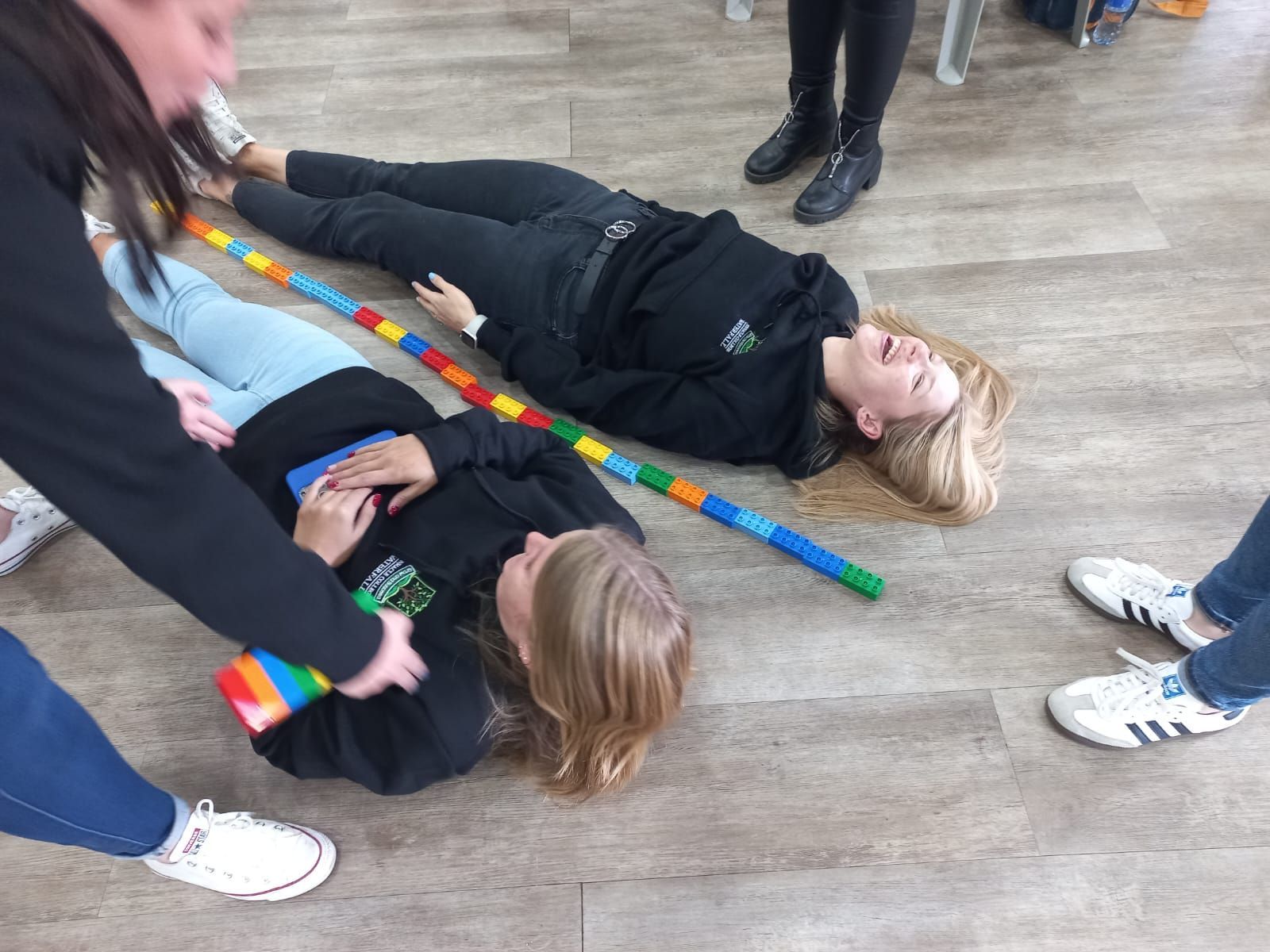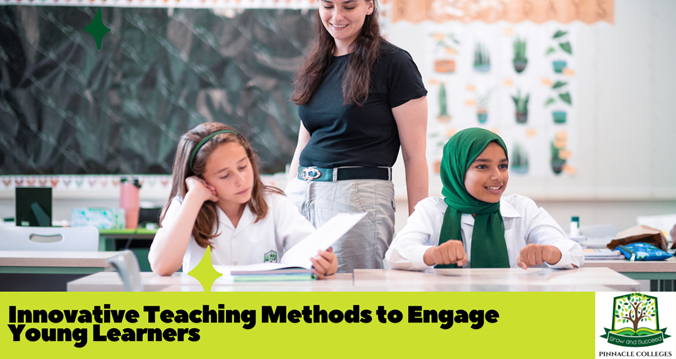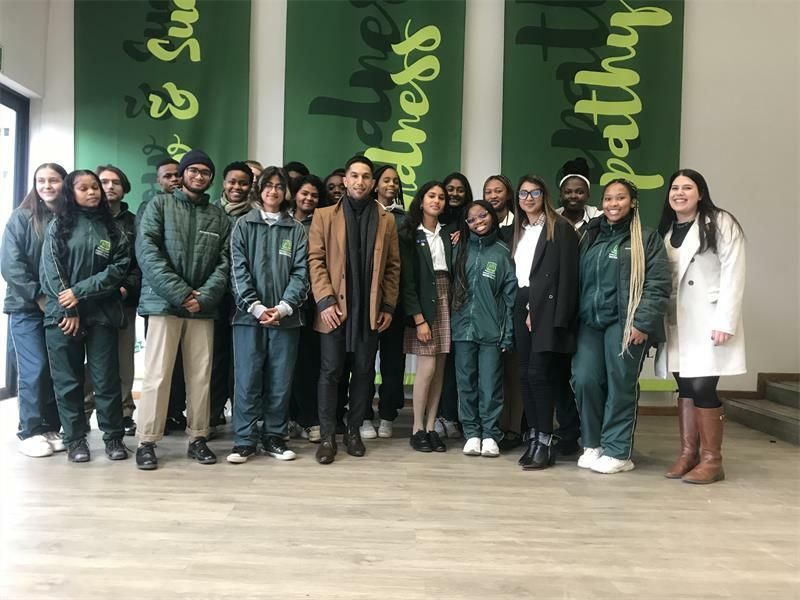AI IN EDUCATION: SUPPORTING TEACHERS, NOT REPLACING THEM
AI IN EDUCATION: SUPPORTING TEACHERS, NOT REPLACING THEM
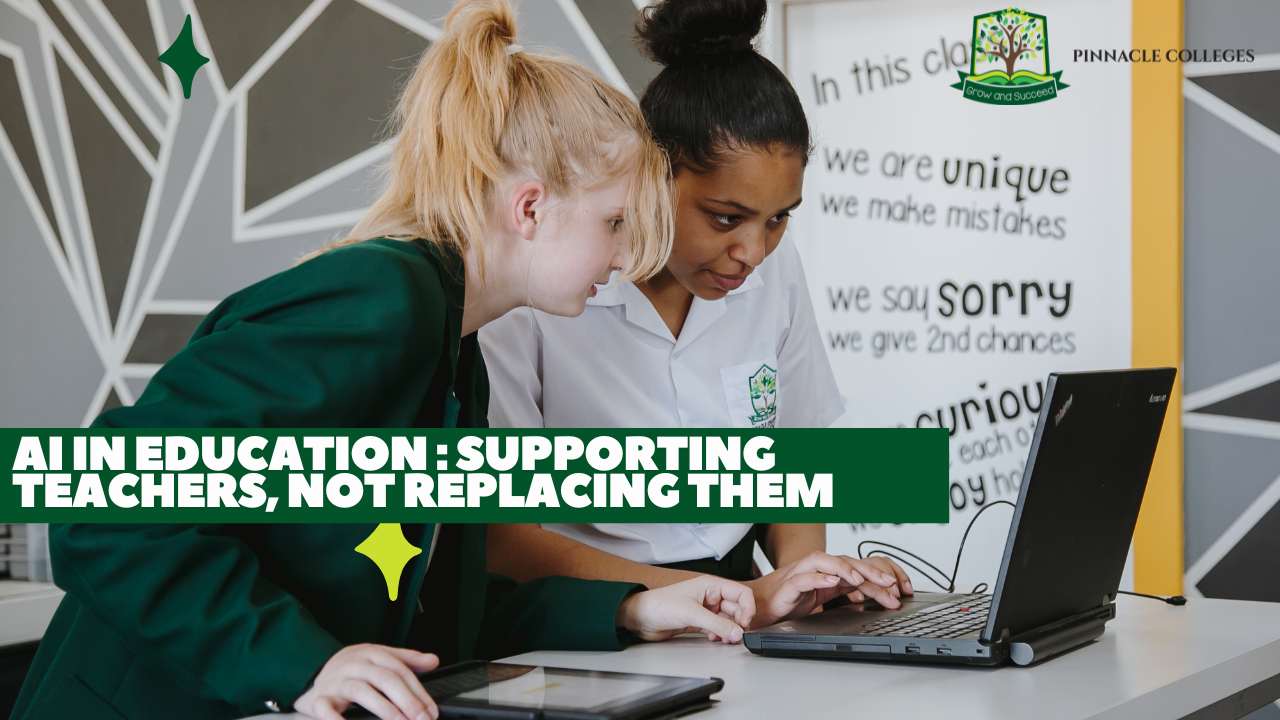
JUNE 2025
It is undeniable that AI in education, even though still in relative infancy, has a multiplier effect on student outcomes. An overview of the substantial impact of individualised learning on student performance over the past few years, combined with an insight into daily advances in real life, has the potential to raise concern about the role of human educators in classrooms.
Are teachers becoming obsolete? Not quite.
While it is true that AI’s role is growing by the day, it is in fact not replacing teachers, but rather changing the role of teachers, an education expert says.
“We have, over the past 3 years, seen a 20% improvement in student performance, with AI and individualised learning having become the order of the day,” says Desiree Hugo, Academic Head at ADvTECH Schools.
AI in education isn’t a case of students having access to ChatGPT – it is a vastly more considered strategy leveraging proprietary tools and platforms. ADvTECH’s ADvLEARN Intelligent Tutoring System is a prime example, utilising AI to craft individualised learning paths that allow students to advance at their own speed. This system empowers data-guided instruction while fostering independent learning across various subjects.
“Adaptive learning technologies leverage data-driven analysis to personalise educational content, pacing, and assessments based on each student's unique needs. These solutions, which include intelligent tutoring systems and learning management platforms, enable educators to tailor instruction efficiently without increasing their workload, when integrated effectively,” says Hugo.
“For students, this creates a customised, engaging, and encouraging experience, whether they’re building core skills or exploring complex topics. For educators, it delivers real-time insights to refine teaching approaches, ensuring all students achieve progress.”
AI systems are fast moving in the direction of students being able to learn completely independently, which then raises the question – what about the teachers? Will in-person schools still be a thing? Or will future learning consist of young people working alone, in front of their screens?
“Adopting best international practices in AI implementation is critical to staying at the forefront of educational excellence. However, the narrative around AI in education must be clear: AI is a powerful tool to support, not replace, teachers,” says Hugo.
“The human element in teaching, in particular empathy, creativity, and mentorship, remains irreplaceable, and AI’s role is to enhance these supportive opportunities, ensuring teachers remain central to the learning experience, while time-consuming repetitive tasks become the domain of AI.”
The integration of AI into education really is a best-case scenario, allowing overworked teachers to get back to their unique strengths, Hugo says.
WHY TEACHERS WILL REMAIN AN IMPORTANT PART OF THE EDUCATIONAL LANDSCAPE
While AI excels at processing data and delivering personalised content, it lacks the human qualities that ensures an exceptional, holistic education. In the age of AI, the role of teachers will remain important in the following areas:
- Emotional connection and empathy - Learning is deeply human, driven by relationships. Teachers understand students’ emotional needs, motivate them through challenges, and celebrate their successes. No algorithm can replicate the encouragement of a teacher who notices a student’s potential or the trust built through years of mentorship.
- Fostering creativity and critical thinking - AI can provide information, but teachers guide students to question, innovate, and think critically. In a world increasingly shaped by AI, skills like ethical reasoning, collaboration, and creative problem-solving, nurtured by teachers, are essential. Curricula, like the IEB, IB and Cambridge systems, emphasize these skills, and ADvTECH’s commitment to global standards positions its teachers as key drivers of this development.
- Cultural and contextual nuance - South Africa’s diverse educational landscape requires teachers who understand local contexts, languages, and cultural dynamics. Teachers bridge the gap between AI and real-life context, ensuring learning is relevant and inclusive.
“The fear that AI will replace teachers stems from a misunderstanding of its purpose, combined with the stunning realisation of its ability to improve student outcomes. But AI is not a substitute for human connection. Rather, it is a catalyst for unlocking teacher potential. It empowers teachers to do what they do best: inspire, guide, and transform lives.
“Imagine a classroom where AI handles repetitive tasks, provides real-time student insights, and suggests tailored resources, while the teacher focuses on sparking debates, nurturing talents, and building confidence. This is the future that educational institutions must champion - a future where technology supports human excellence, not replaces it.”
ENDS
